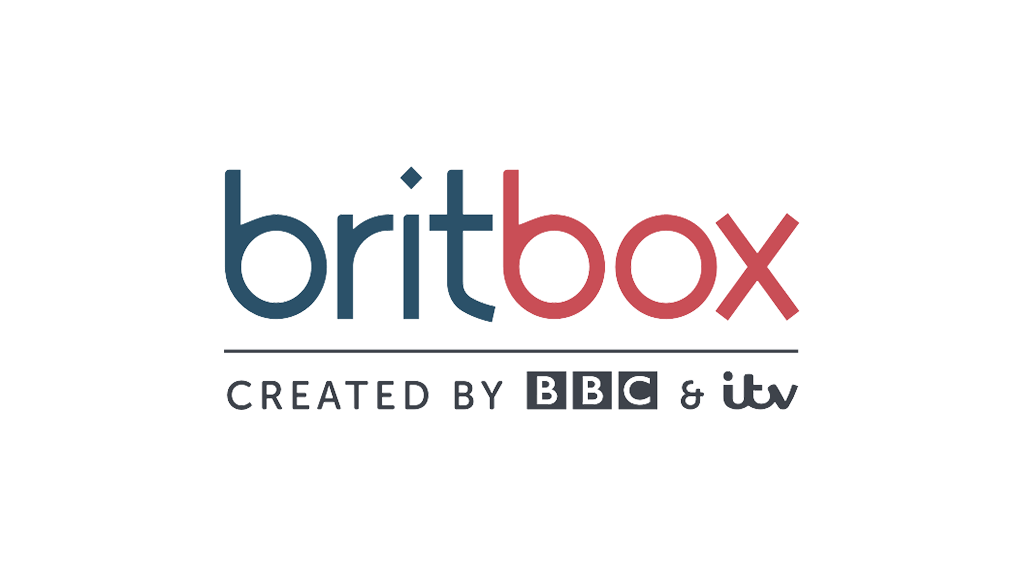BritBox, the online video subscription service led by ITV and the BBC, has agreed partnerships with fellow broadcasters Channel 4 and Channel 5, but has yet to do a distribution deal with Sky. Even if BritBox were to become as successful as Netflix in the United Kingdom, it would provide only a fraction of the revenues of its participating broadcasters.
The BritBox subscription service, which costs £5.99 a month, with a free one-month trial, offers a large library of British television programmes, from current and recent series to archive classics.
BritBox launched in the United Kingdom in November, having been available in the United States and Canada since March 2017, where it has 650,000 subscribers.

ITV, which owns 90% of the operation in the United Kingdom, invested £3 million in the service in the first half of the year and expects to spend up to £25 million on it in 2019, increasing to £40 million in 2020.
The BBC has a 10% stake, with the option to increase it to 25%. Yet the corporation appears to be more committed to promoting its own BBC iPlayer, moving it from being a simple catch-up service to the online home of BBC programming.
The level of investment involved may simply be too little and too late for BritBox to succeed against the massive sums being poured into competing services from Netflix, Amazon and now Disney.
BritBox has a partnered with Freeview, has a distribution deal with BT, and integrations coming on Chromecast and Fire TV, but so far Sky appears to have eschewed the service.
Sky has, however, agreed to host the BBC iPlayer on its platform. Sky has also bolstered its own box set offering with a partnership with Channel 5, owned by Viacom, in addition to box sets from Channel 4 and the BBC.
Sky also carries Netflix, so it is clearly not averse to aggregating other online video subscription services.
It is still early days for BritBox in the United Kingdom, but despite heavy advertising it has yet to generate much excitement in the media or among prospective viewers. The Christmas holiday period could be crucial, although it will be competing with many other viewing options.
Disney+ has yet to launch in most of Europe but will do so in March 2020. In the United States and Canada, Disney+ signed up over 10 million subscribers on its first day of operation and 15 million within a week.
BritBox might not be expecting those sorts of numbers, but why not? There are about 11.5 million Netflix subscribers in the United Kingdom, representing 40% of households.
ITV claims over 30 million registered users to its free ITV Hub, including over 80% of those aged 16-34 in the United Kingdom.
Even if BritBox could be as successful as Netflix in the United Kingdom, it would still only make a relatively modest contribution to the cost of television programming across the main public service broadcasters.
If BritBox could persuade 10 million households to subscribe, and that is a very big assumption, it would gross £720 million a year. To put that in perspective, ITV received revenues of £3.2 billion in 2018 and delivered a profit of £470 million.
The BBC received revenues of £4.9 billion in 2018, of which £3.7 billion was from the compulsory television licence per household of £154.50 a year, or more than twice the cost of a BritBox subscription. Those aged over 75 can currently claim a free television licence for their household, although the BBC is planning to restrict this to those receiving pension credit benefits.
The BBC appears ambivalent about BritBox, partly because it is required to preserve a clear distinction between its public services and those of its commercial operations, but perhaps also because it might be seen as the thin end of a wedge towards subscription funding.
Intriguingly, The Times reported that a button was recently seen on the BBC iPlayer marked “BritBox test”, suggesting plans to cross-promote the service. The button was subsequently removed.
The communications regulator Ofcom said: “We expect the BBC to explain to us how it intends to undertake cross-promotion on BBC iPlayer before it does so.”
The BBC responded in a statement: “We’re not currently working on any cross-promotion of BritBox from BBC iPlayer, and any plans would be shared with Ofcom.”
The invigorated Conservative government, with a strong majority, has signalled that it could decriminalise non-payment of the television licence fee. Any such move could weaken the system that currently funds the BBC.
Around 180,000 people a year are prosecuted for not paying for a television licence. Most of them are found guilty and fined but some are imprisoned for refusing or being unable to pay.
Immediately before the election, Boris Johnson, the Prime Minister indicated that while the Conservatives were currently “not planning to get rid of all TV licence fees”, the current system “bears reflection”. He is understood to have requested a review, which could remove statutory penalties for non-payment of the television licence.
